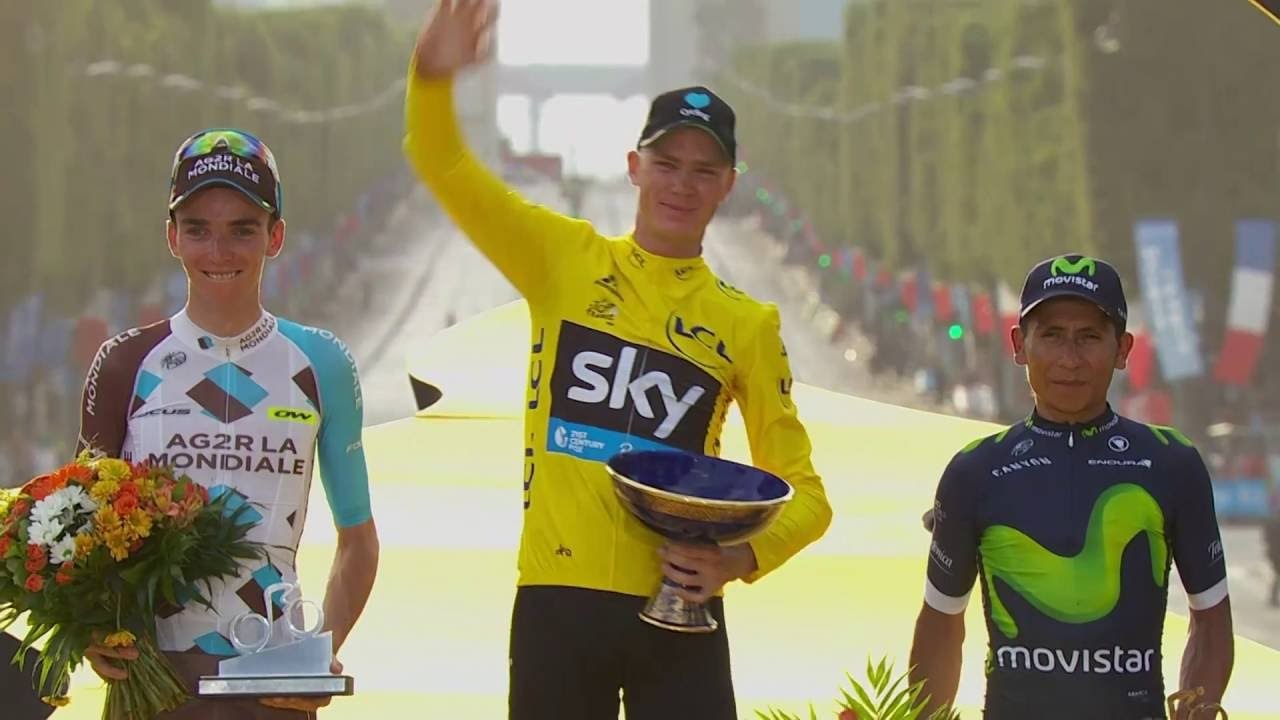Cheats in sport are like burglars. Just as house thieves rob you of your peace of mind, sporting cheats steal your faith in the honesty of competition.
That’s why they have to be hammered when found out, or the whole ethos of competitive sport is stripped of its credibility.
Chris Froome is the latest sportsman to come under intense scrutiny, after a urine test after stage 18 of the Vuelta a Espana, showed double the permitted concentration of the anti asthma drug salbutamol.
As someone who has taken an asthma inhaler from the age of seven, and who can recall vividly the intense panic of attacks before the advent of the inhaler, which relieves constriction in the airways, I have a natural sympathy for any sports person suffering from asthma.
However, the burden of proving his innocence now rests with Froome, who is surrounded at Team Sky by top sports scientists, and doctors, and a battery of staff, whose job it is to ensure their cyclists do not transgress the rules on doping, innocently or otherwise.
With four Tour de France titles, Froome’s name is in the history books as one of the greatest riders in the history of cycling. He may yet clear the suspicion now engulfing him through laboratory tests, but if he doesn’t then he and Team Sky will find their reputations, and that of cycling, irreparably damaged.
Cyclists, the vast majority of whom are clean, in a sport which pushes the human body to the very edge of its capabilities, must be howling in anguish at this latest farrago. Their reputations will be unfairly tarnished amongst a public, already highly sceptical about the remaining integrity of the sport.
In football we’ve seen with Rangers how damaging the breaking of rules can be to the reputation of the game.
There, the Ibrox side broke the rules and concealed from the football and tax authorities the true financial nature of players’ contracts, revealing that they’d signed players who were otherwise unaffordable.
That gave them an unfair advantage over other clubs who obeyed the rules and resulted in damage to the integrity of Scottish football, with many fans now convinced that the game here was fixed.
The damage of allowing cheats to go unpunished in any sport has a corrosive long term effect on competitors and spectators alike. Once the honesty of sport is called into question it becomes hard to convince folk that it is clean and honourable.
It may take time to work its way through, but in the end the cumulative effect on the trust that fans have in sport is extremely damaging.
The former East Germany used doping on an industrial scale and Russia and others have been caught out in drug scandals. When huge sums of money and glory are at stake, some sports stars will find the temptation to cheat irresistible.
That’s why eternal vigilance to maintain the integrity of sport must be maintained. I hope Chris Froome proves his innocence. If he can’t, then his fall may be far harder than any tumble from his bike.


